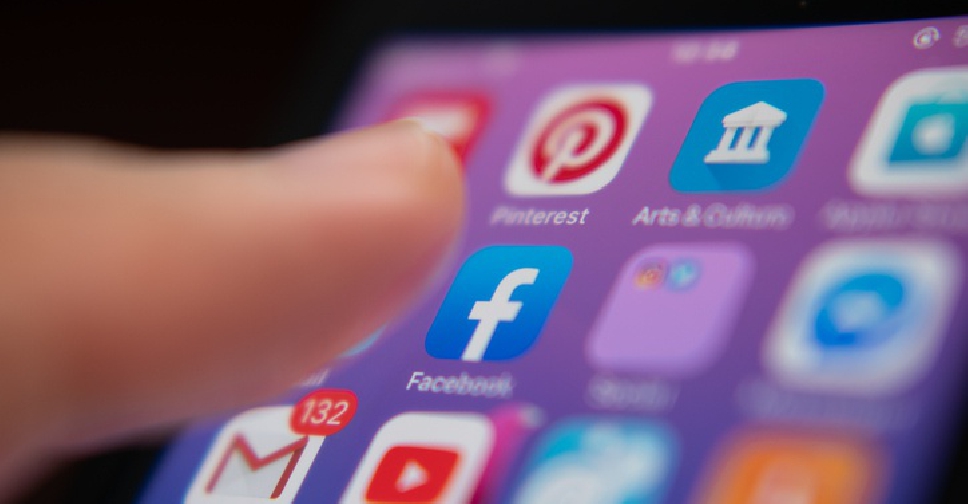
Facebook, Google, Twitter and other tech rivals must try harder to be more effective against fake news related to COVID-19, the European Commission said on Thursday.
The companies, including Mozilla and trade bodies for the advertising industry, signed up to the code in 2018 in a bid to stave off more heavy-handed regulation. Microsoft and TikTok subsequently joined the group.
There are, however, several shortcomings in the code following an assessment of its first year in operation, the commission said, according to a report seen by Reuters.
"These can be grouped in four broad categories: inconsistent and incomplete application of the code across platforms and member states, lack of uniform definitions, existence of several gaps in the coverage of the code commitments, and limitations intrinsic to the self-regulatory nature of the code," the report said.
The commission vice president for values and transparency, Vera Jourova, called for more action to counter new risks.
"As we also witness new threats and actors the time is ripe to go further and propose new measures. The platforms need to become more accountable and transparent. They need to open up and provide better access to data, among others," Jourova said.
Jourova is currently working on a European Democracy Action Plan to make democracy more resilient to digital threats.
The commission is also set to propose new rules called the Digital Services Act by the end of the year which will increase social media's responsibilities and liability for content on their platforms.


 Dubai makes it easier for free zone companies to expand into mainland
Dubai makes it easier for free zone companies to expand into mainland
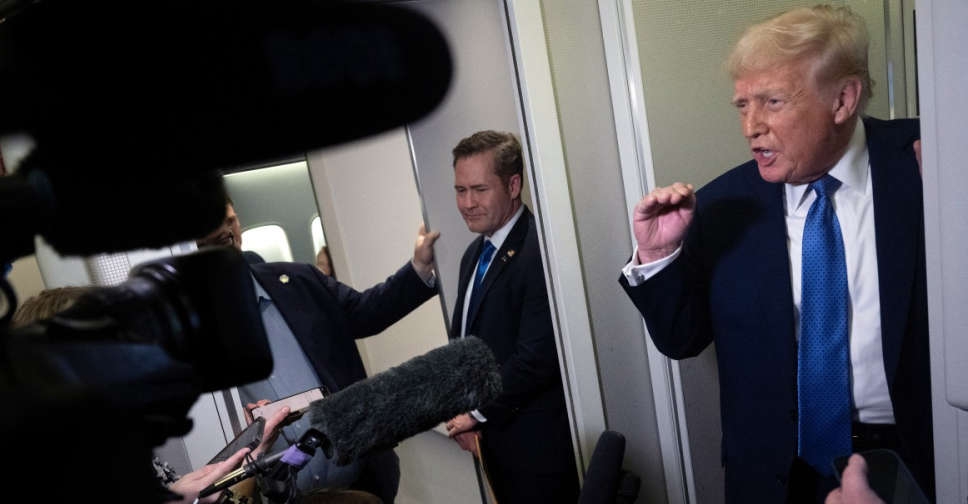 Trump says no exemptions on US steel and aluminium tariffs
Trump says no exemptions on US steel and aluminium tariffs
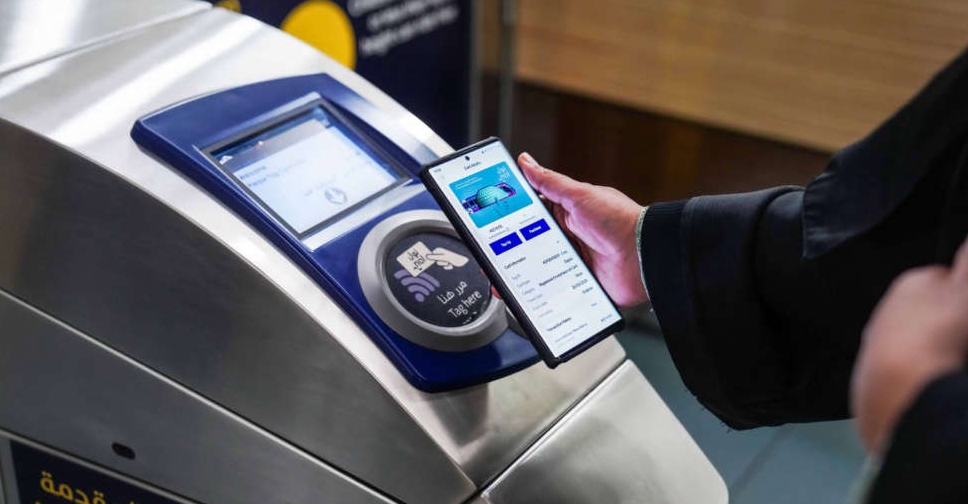 RTA completes 40% nol digital payment system upgrade
RTA completes 40% nol digital payment system upgrade
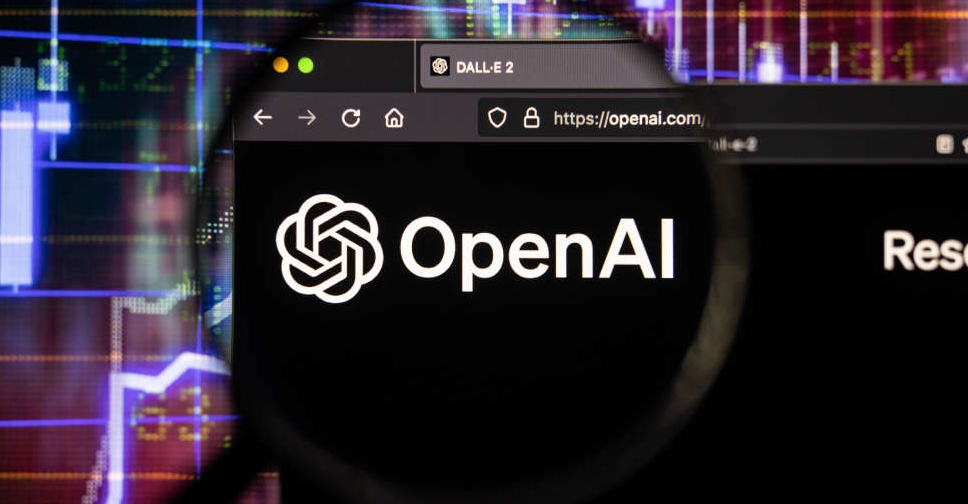 OpenAI and Musk agree to fast tracked trial over for-profit shift
OpenAI and Musk agree to fast tracked trial over for-profit shift
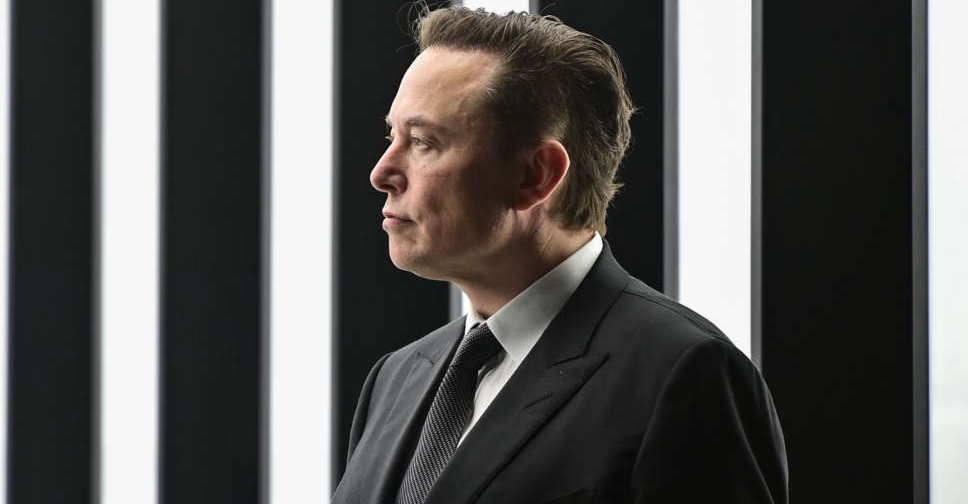 Starship, carrying Tesla's bot, set for Mars by end-2026: Elon Musk
Starship, carrying Tesla's bot, set for Mars by end-2026: Elon Musk




